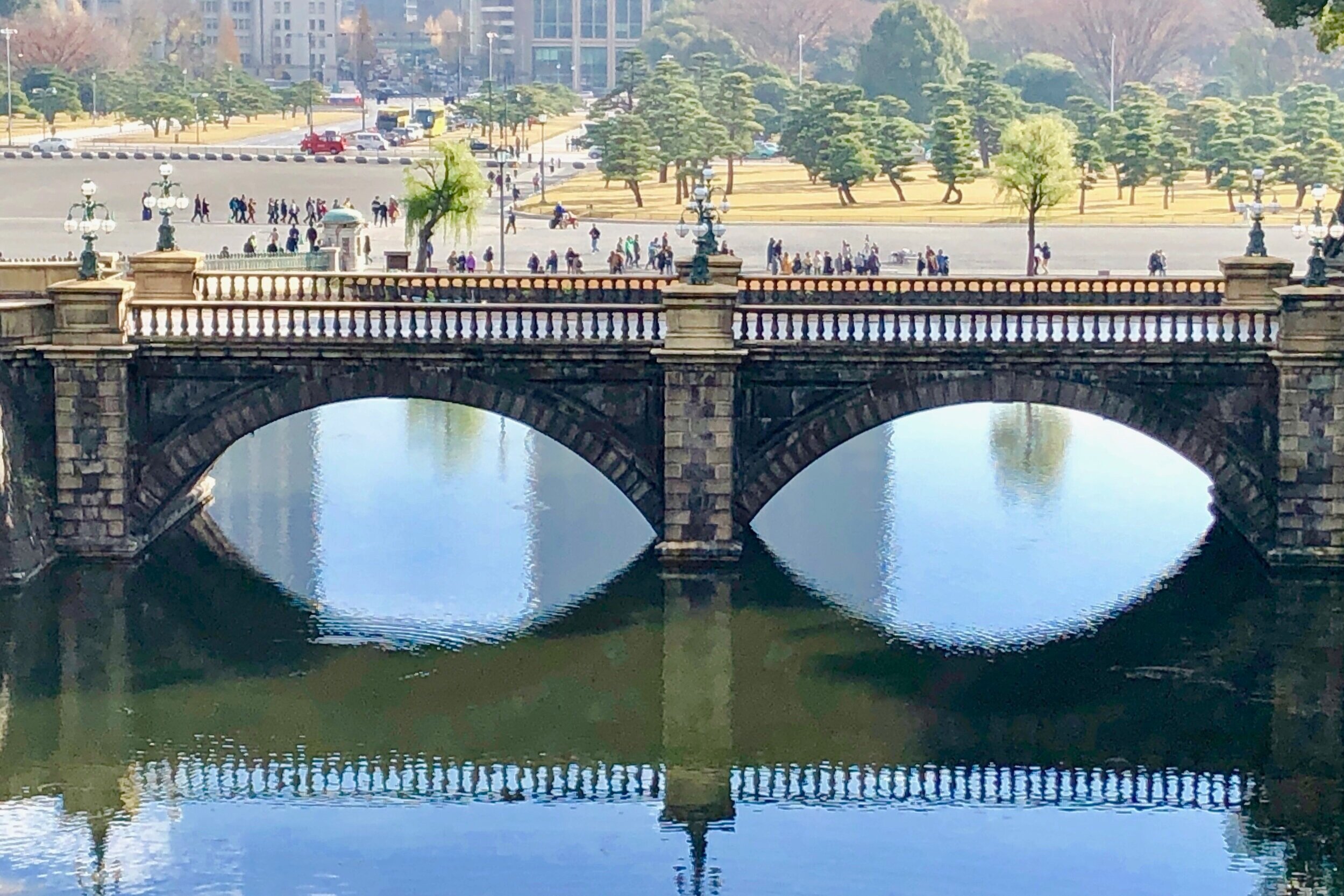Promoting Rule of Law and Human Rights in Asia
The U.S.-Asia Law Institute serves as a bridge between Asia and America, fostering mutual understanding on legal issues, and using constructive engagement with our partners to advocate for legal reform.
New and Notable

Publications
“Iron is the country.” Tetsu wa kokka nari. That is what Japan’s first prime minister, Prince Ito Hirobumi, said in 1901, channeling nineteenth century German statesman Otto von Bismarck, when the first blast furnace of Yahata Steel Works, Nippon Steel’s main antecedent company, was fired up. But that hardly applies to the United States and its iron and steel sector today, writes Paul Sheard.
China’s legal service sector is growing rapidly, including not only commercial law offices but publicly funded legal aid. In this Feb. 21, 2025 talk at NYU Law School, Hualing Fu, dean of the law faculty at the University of Hong Kong and visiting professor at NYU Law, shares his research into the emerging new sector of “public legal services,” in which the government funds lawyers to resolve social disputes at an early stage. Dean Fu argues that pro bono work in China can serve as a tool of political control, allowing the government to frame disputes in its preferred terms and ensure they are resolved quickly, without any group mobilization.
Institute News
April 13, 2025-April 19, 2025
China accuses the US National Security Agency of hacking infrastructure of the Asian Winter Games, held in Harbin in February; the Hong Kong government moves to tighten control over trade unions based on national security concerns; Japan’s Fair Trade Commission orders Google to stop forcing smartphone manufacturers to pre-install its apps; a South Korean court begins the criminal trial of former President Yoon Suk Yeol on insurrection charges; Taiwan’s Defense Ministry says sixty-two active-duty military personnel have been found to hold Chinese residency permits, and as a result are now barred from handling intelligence and confidential data.
April 6, 2025-April 12, 2025
The Chinese government responds to rising US tariffs with higher tariffs of its own, warning: “We don’t back down”; Hong Kong’s Court of Final Appeal loses another overseas non-permanent judge; leading members of Hong Kong’s Democratic Party confirm that Chinese officials ordered the party to dissolve; a Japanese legislative commission debates whether and how to address online disinformation and misinformation; South Korea’s acting president fills the Constitutional Court’s nine-member bench; partisan turmoil continues on the floor of the Taiwan legislature.
March 30, 2025-April 5, 2025
China responds to new US tariffs with reciprocal tariffs plus a wide array of sanctions and investigations against US companies; Hong Kong’s new police commissioner promises action against pockets of “soft resistance”; political parties in Japan negotiate changes to draft legislation on active cyberdefense in an effort to address privacy concerns; South Korea’s Constitutional Court unanimously upholds the impeachment of President Yoon Suk Yeol; three staff members of Taiwan’s ruling three Democratic Progressive Party are being investigated on suspicion of spying for the Chinese Communist Party.
Program on International Law & Relations in Asia

Program on International Law & Relations in Asia
Search our website






